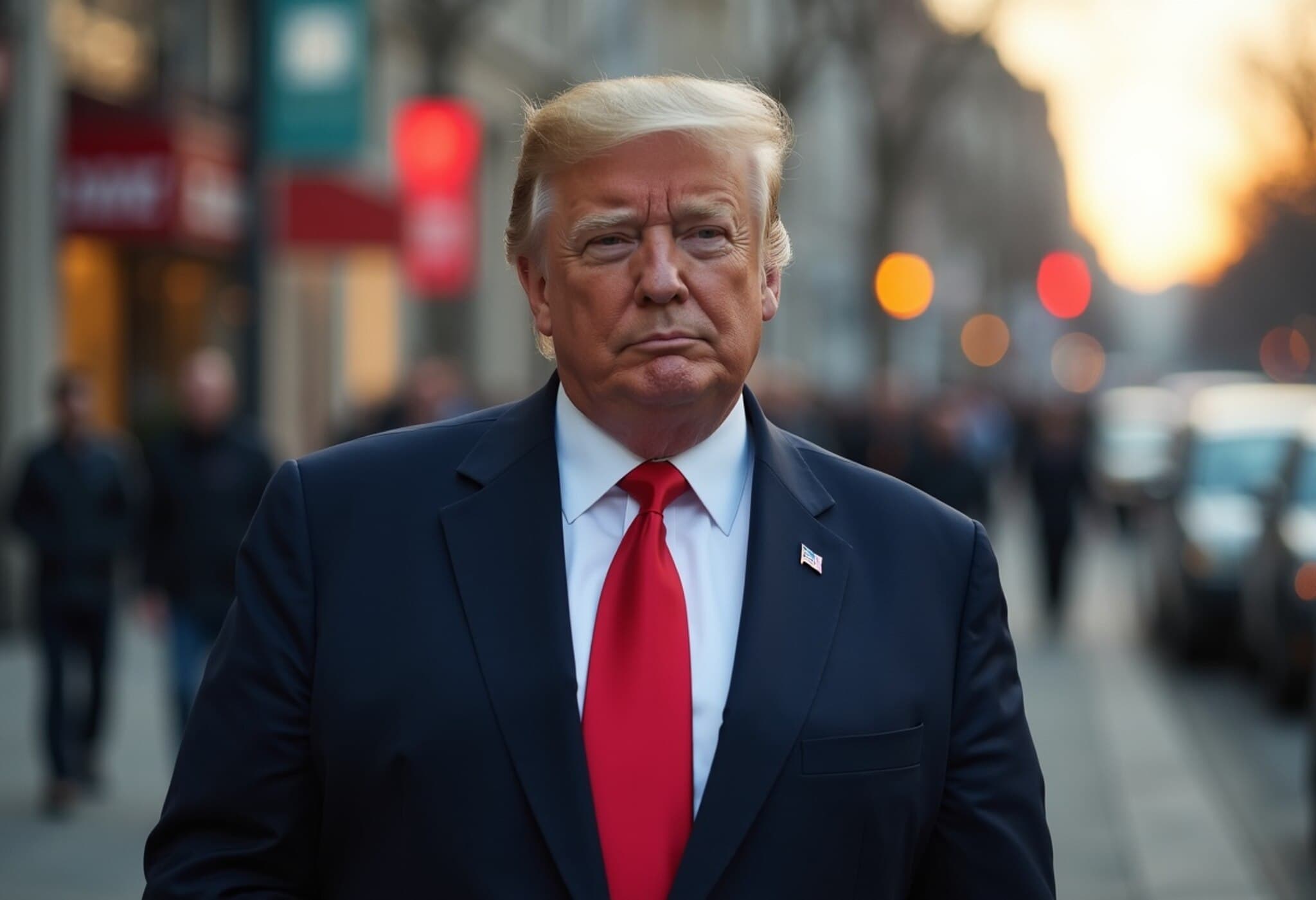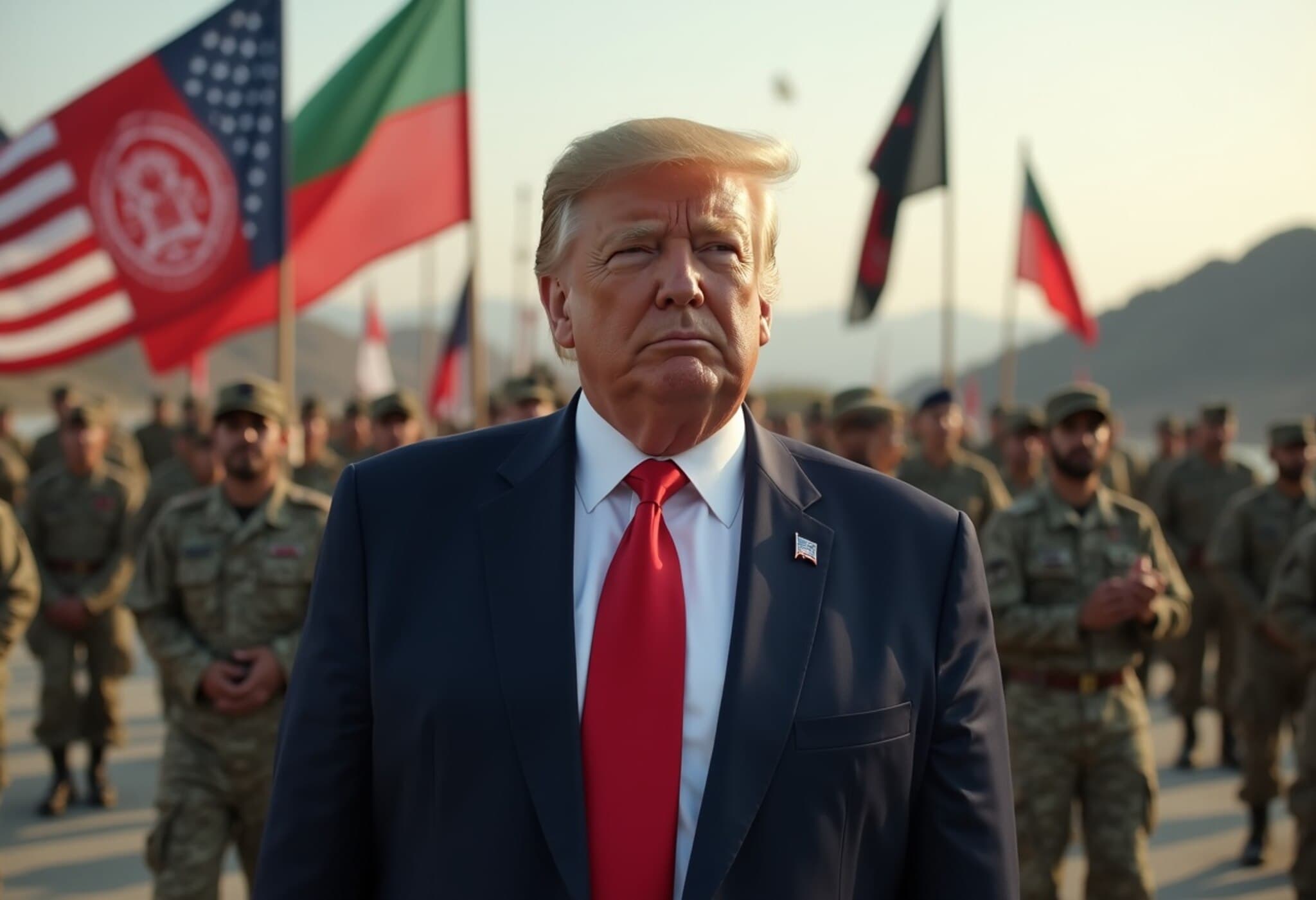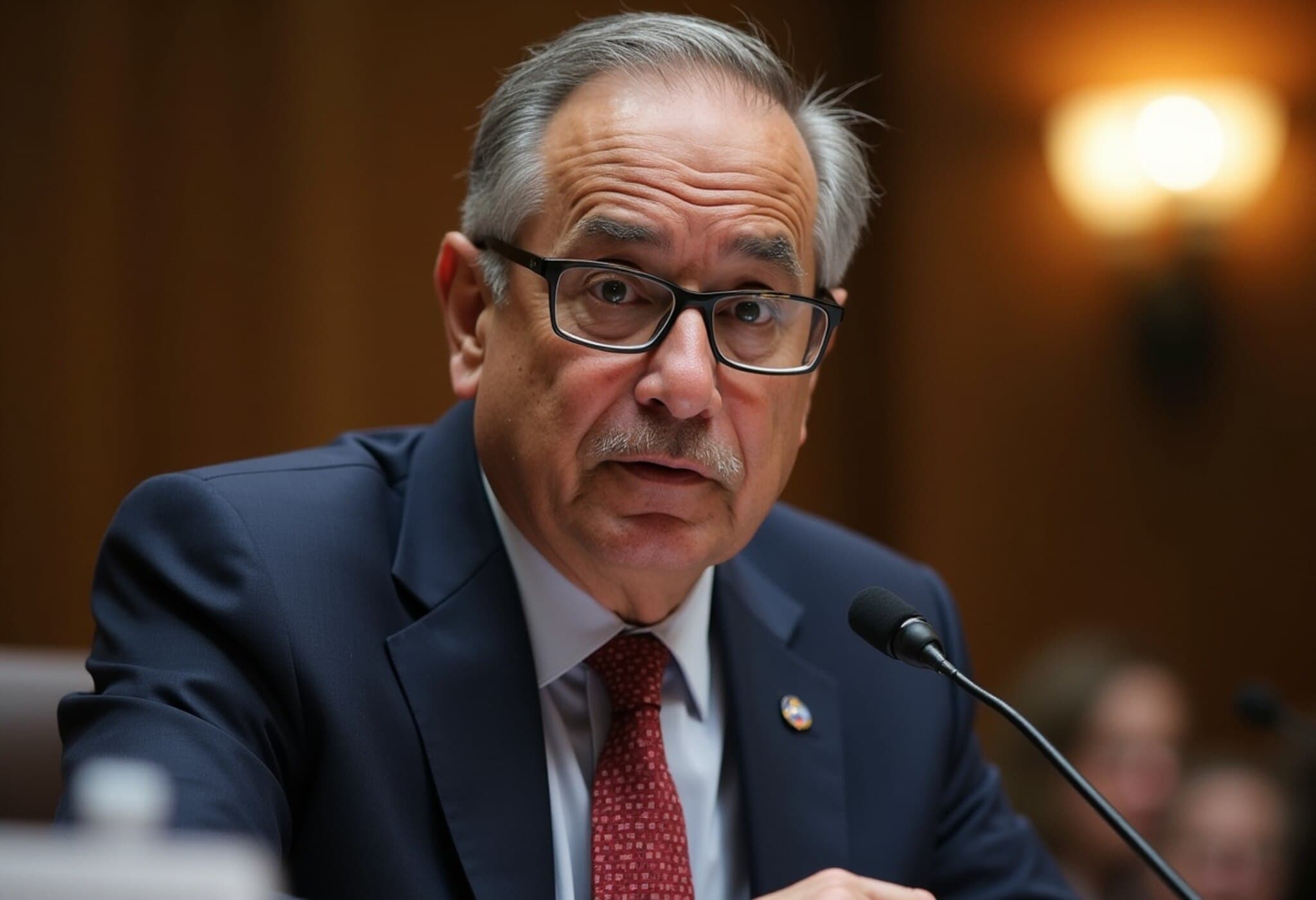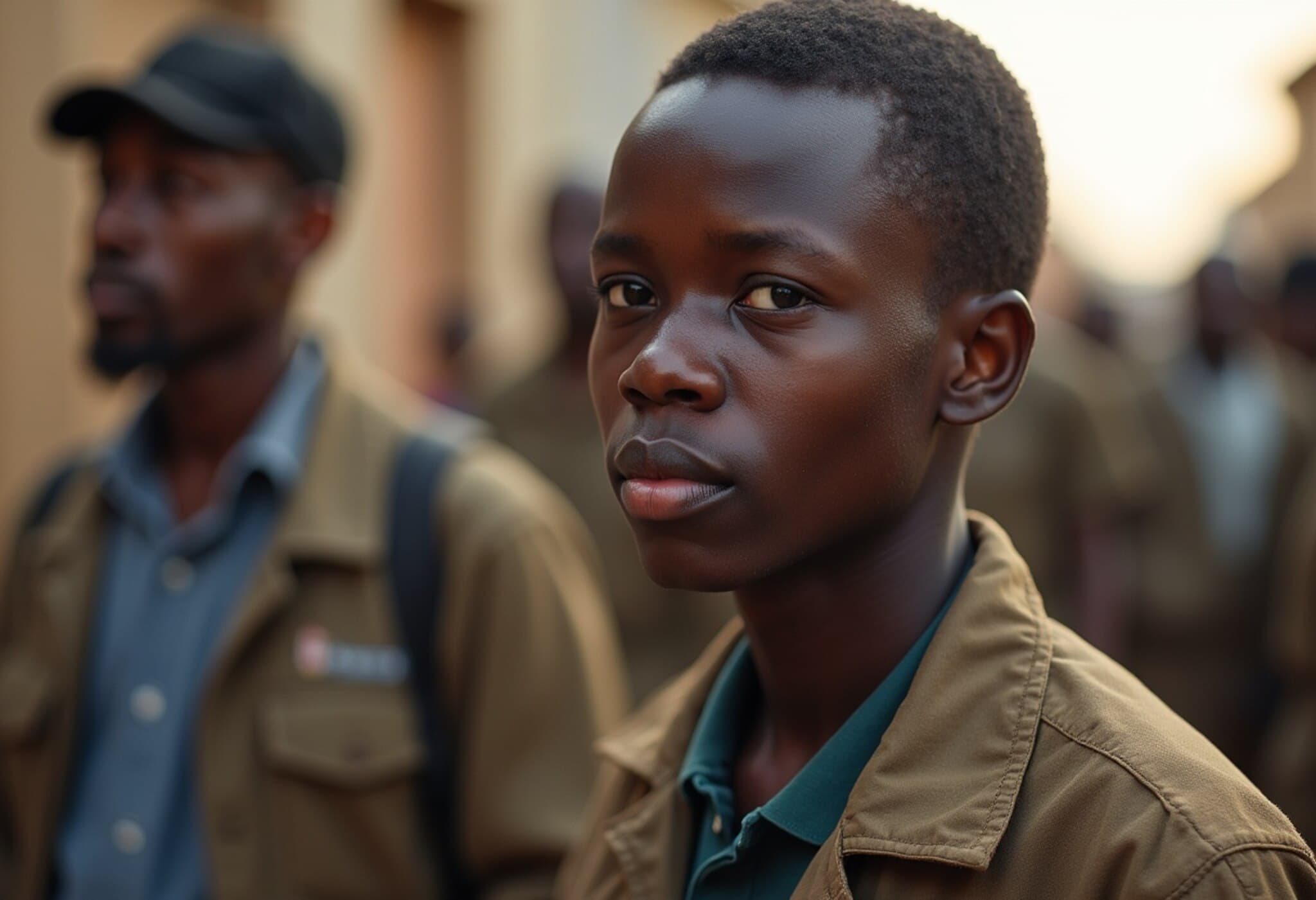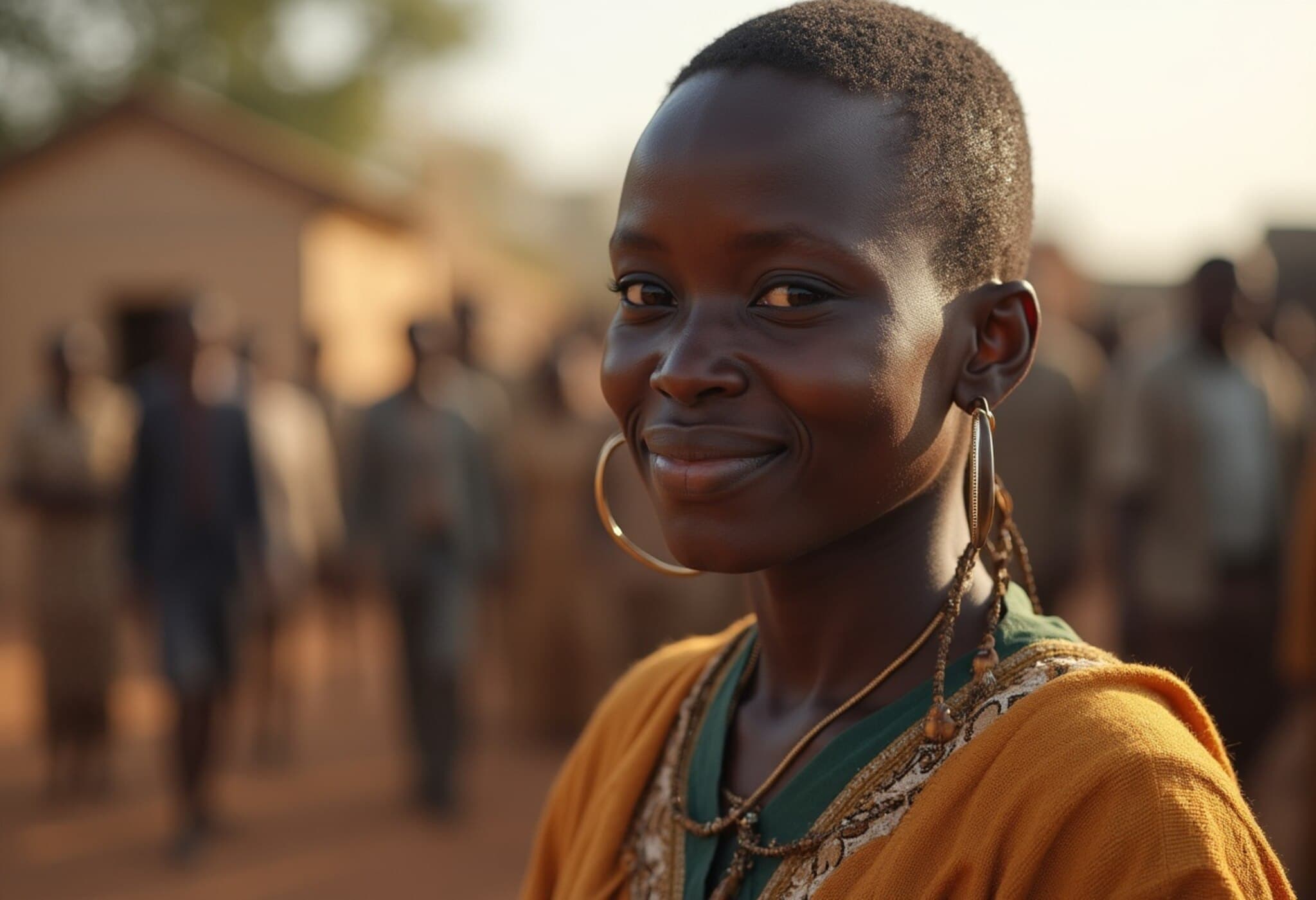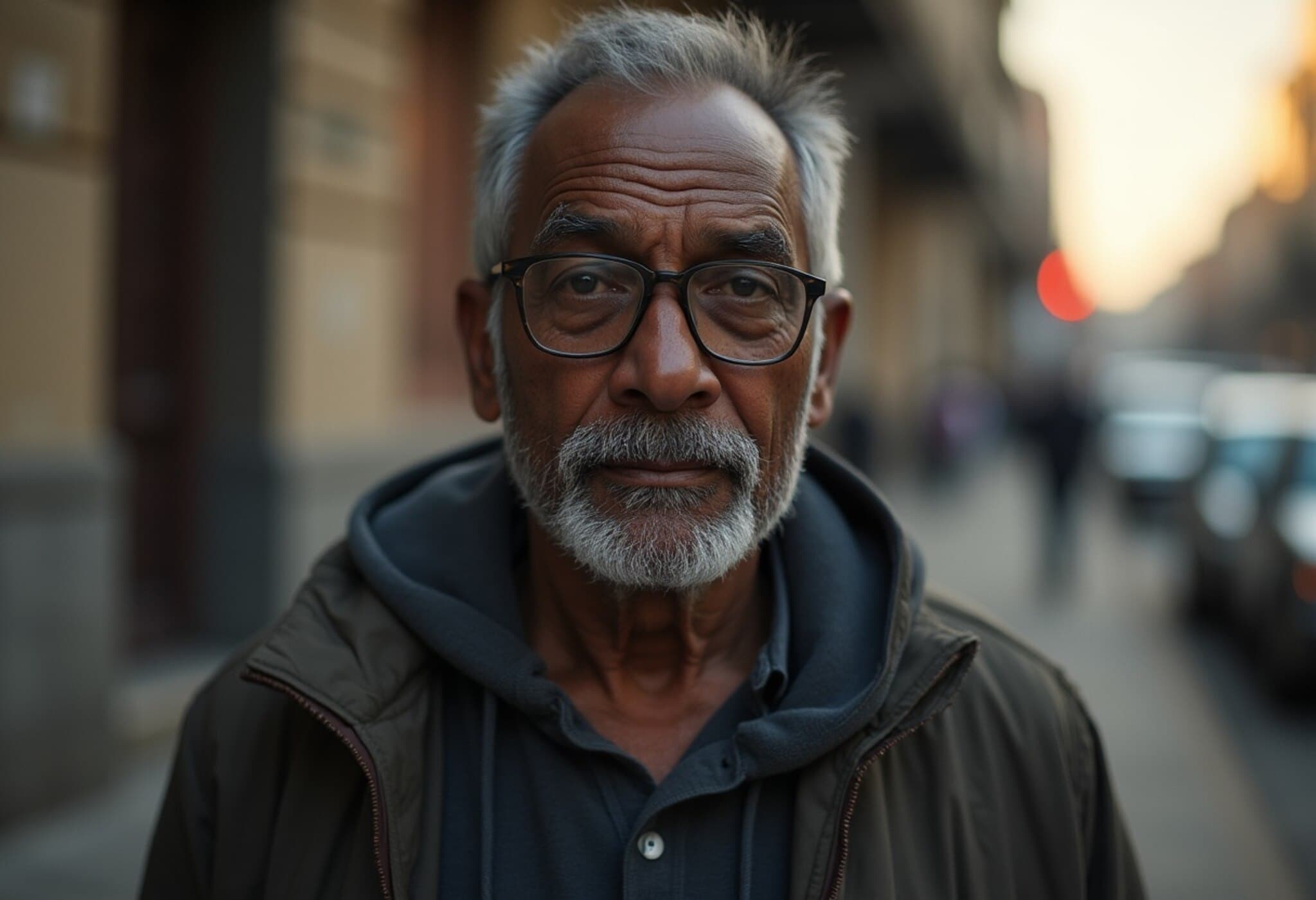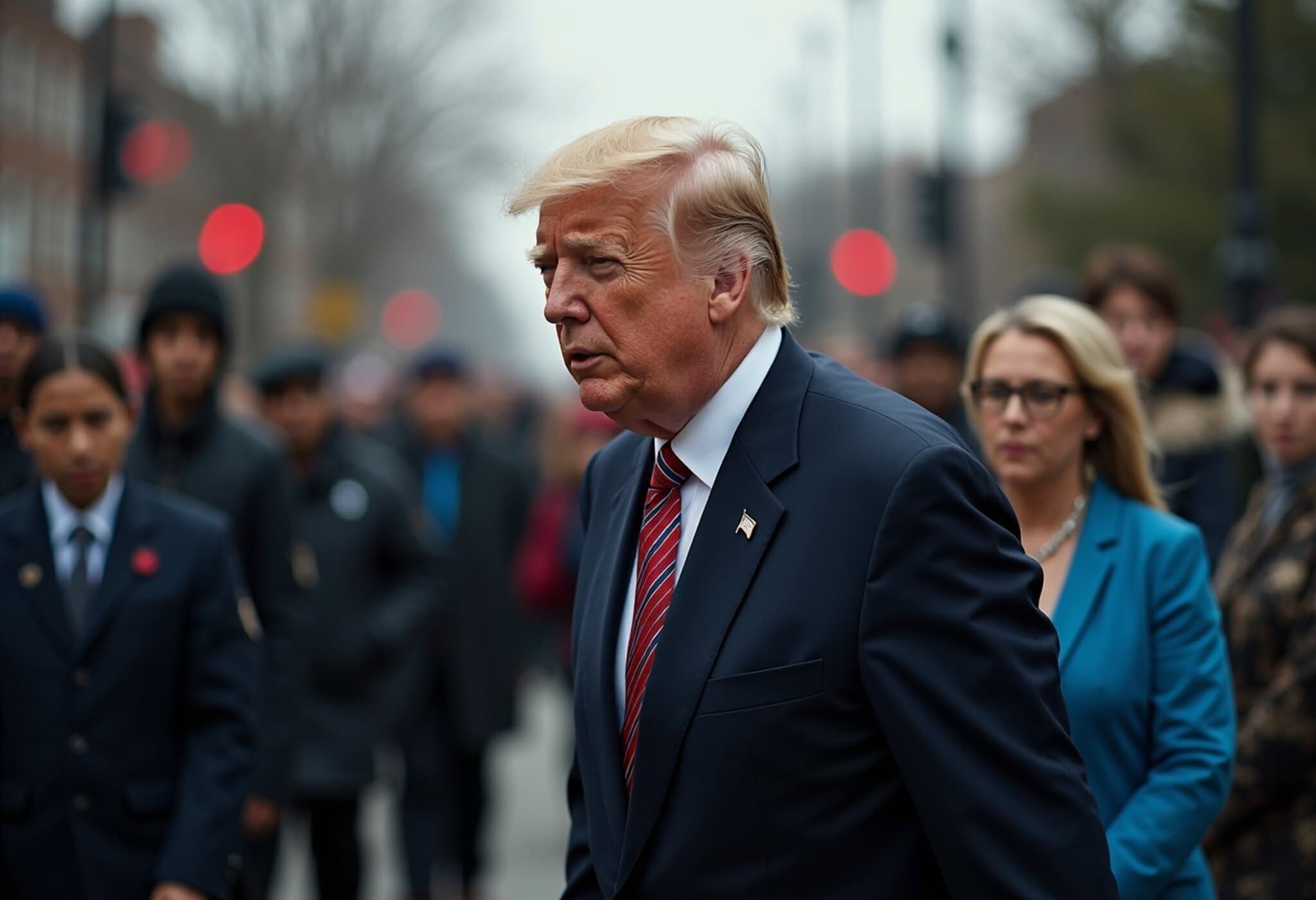US Sends Convicted Criminals to Eswatini, Africa's Last Absolute Monarchy
In a controversial move stirring international debate, the United States has deported five foreign nationals convicted of severe crimes—including child rape and murder—to Eswatini, Southern Africa’s small kingdom governed by Africa’s last absolute monarch. The deportees hail from Vietnam, Jamaica, Cuba, Yemen, and Laos, and were transferred under a so-called "third-country deportation" agreement after their home countries declined to accept them.
Understanding the US Statement and the Nature of the Charges
Assistant Secretary Tricia McLaughlin of the US Department of Homeland Security characterized the deportees as "criminal illegal aliens" and labeled them "uniquely barbaric" and "depraved monsters" on social media platform X (formerly Twitter). She emphasized that the individuals had terrorized American communities and that their repatriation was part of an ongoing effort to safeguard the US public.
"A safe third country deportation flight to Eswatini in Southern Africa has landed," McLaughlin posted. "They are off of American soil." This blunt language underscores the US administration’s tough stance on crime and immigration enforcement under the Trump presidency.
Eswatini’s Response and Public Assurance
Eswatini’s authorities moved swiftly to address rising public concerns over receiving foreign nationals convicted of serious offenses. Government spokesperson Thabile Mdluli confirmed the deportees were held in isolation within secure correctional facilities, assuring the nation that they pose no threat to local security.
"The nation is assured that these inmates pose no threat to the country or its citizens," Mdluli stated. Moreover, Eswatini plans to collaborate with the United Nations’ International Organization for Migration (IOM) to orchestrate the eventual repatriation of these individuals to their countries of origin.
Geopolitical and Legal Context of Third-Country Deportations
The migration practice of third-country deportations—relocating convicted individuals to countries other than their homeland or the deporting nation—is relatively uncommon and fraught with legal and diplomatic complexities.
- Many nations reject the return of certain deportees due to political, legal, or humanitarian reasons.
- Third-country agreements require negotiation and often involve geopolitical balancing acts.
- Some analysts suggest that Eswatini’s acceptance reflects broader strategic ties with the United States, rather than financial incentives, although no official confirmation has been given regarding economic compensation.
Eswatini: An Absolute Monarchy with Pressing Challenges
Formerly known as Swaziland until its renaming in 2018 to reclaim its indigenous identity, Eswatini remains distinctive as Africa’s sole absolute monarchy. King Mswati III, reigning since 1986, exercises sweeping control, governing by royal decree and operating without political party participation.
This political structure has drawn global scrutiny, especially amid growing domestic protests advocating for democratic reforms. Security forces have frequently been accused of suppressing dissent, pushing many pro-democracy activists into exile.
Beyond its political framework, Eswatini grapples with severe social and public health crises. The World Bank reports over half of its 1.2 million residents live on less than $4 daily. Additionally, it carries the world’s highest HIV prevalence rate, with approximately 26% of adults infected.
The Broader US Third-Country Deportation Strategy
Eswatini is part of a wider US initiative under the Trump administration that seeks to broaden the use of third-country deportations. Earlier in June 2025, the US also deported eight individuals to South Sudan, even though just one was a native of the country—a move made possible by recent regulatory changes.
Other countries such as Rwanda, Benin, Angola, Equatorial Guinea, and Moldova have reportedly been approached to receive deportees under similar agreements, although some nations like Nigeria have resisted US overtures.
Expert Analysis: Legal and Ethical Questions Ahead
From a policy perspective, this approach by the US sparks critical questions:
- Legal compliance: Are such deportations aligned with international human rights obligations, especially regarding individuals’ safety post-deportation?
- Diplomatic ramifications: How do these agreements affect the diplomatic relations between the US, Eswatini, and the deportees’ countries of origin?
- Human rights perspective: What mechanisms ensure these deportees' rights during detention and eventual repatriation?
Several human rights organizations have expressed concern that third-country deportations may circumvent usual safeguards, potentially exposing deportees to prolonged detention or mistreatment.
Editor’s Note
This evolving story challenges us to consider the complex intersections of immigration enforcement, international diplomacy, and human rights in today’s global landscape. While national security remains paramount, policymakers must balance it against the ethical obligations to treat all individuals with dignity, ensuring no country becomes a dumping ground for the world’s most vulnerable or stigmatized prisoners. The case of Eswatini illustrates not just geopolitics, but also the urgent need for transparent multilateral frameworks governing deportations.
We will continue to monitor developments, including insights from legal experts and human rights advocates, to provide a more nuanced understanding of this multifaceted issue.





